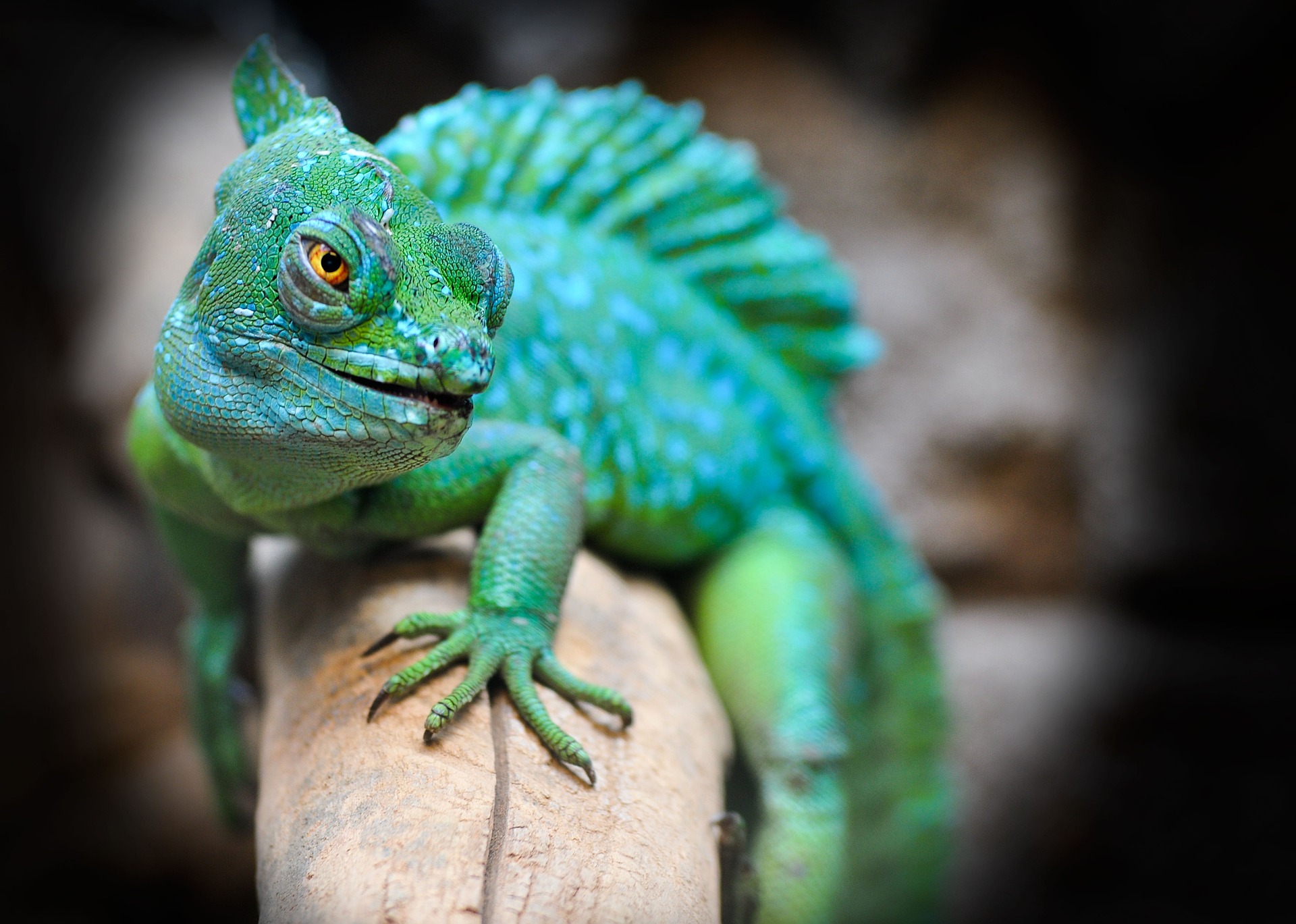The Rising Trend of Exotic Pets: A Comprehensive Guide
Whether it's the allure of the unusual or the desire for a unique companion, the trend of owning exotic pets is on the rise. But what does this mean for the animals involved, and what considerations should prospective owners bear in mind? Read below as we delve into this intriguing topic.

The Allure of the Unusual
Exotic pets, by definition, are non-domesticated species kept as pets. This includes everything from reptiles and amphibians to birds and small mammals. The appeal of owning such unique creatures often lies in their novelty factor. They offer a different kind of companionship than typical pets. However, their care needs are often more complex and require a higher level of commitment.
Understanding the Legalities
Before bringing an exotic pet home, it’s crucial to understand the legal implications. Laws regarding the ownership of exotic pets vary widely and are often subject to change. Some states or countries have outright bans on certain species, while others require special permits. Violating these laws can result in hefty fines or even criminal charges.
Health and Welfare Concerns
Exotic pets have specific health and welfare needs that can be challenging to meet. They often require specialized diets, enclosures, and medical care. Moreover, stress and behavioral issues are common in exotic pets kept in unsuitable environments. As such, potential owners must be prepared to invest time, effort, and money into providing for their pet’s needs.
Ecological Impact and Conservation
The exotic pet trade can have severe ecological impacts. Many exotic pets are taken from the wild, contributing to population declines and disrupting ecosystems. Additionally, released or escaped pets can become invasive species. Therefore, it’s crucial to source pets responsibly and support conservation efforts.
Making Informed Decisions
The decision to own an exotic pet should never be taken lightly. Prospective owners should thoroughly research their chosen species, including its natural behavior, care needs, lifespan, and potential health issues. Consulting with a veterinarian experienced in exotic pet care can also be invaluable.
Useful Tips and Facts:
- Always check local laws and regulations before acquiring an exotic pet.
- Ensure you can provide the necessary environmental conditions for your pet.
- Consult with a veterinarian who specializes in exotic pet care.
- Seek out reputable breeders or rescues when sourcing your pet.
- Be prepared for a long-term commitment; many exotic pets have long lifespans.
In conclusion, while the allure of exotic pets is undeniable, they come with significant responsibilities and potential issues. As prospective owners, it’s crucial to make informed decisions that consider the well-being of the animals and the wider ecological impacts. By doing so, we can ensure that our fascination with the unusual contributes to animal welfare and conservation, rather than detracting from it.




